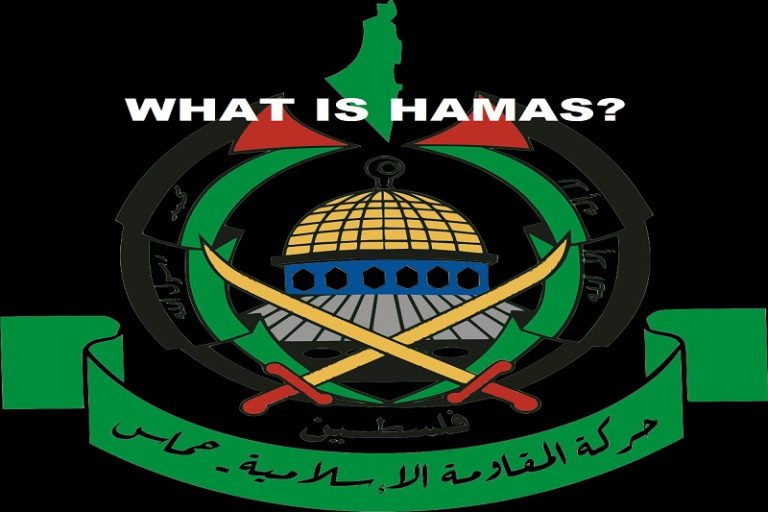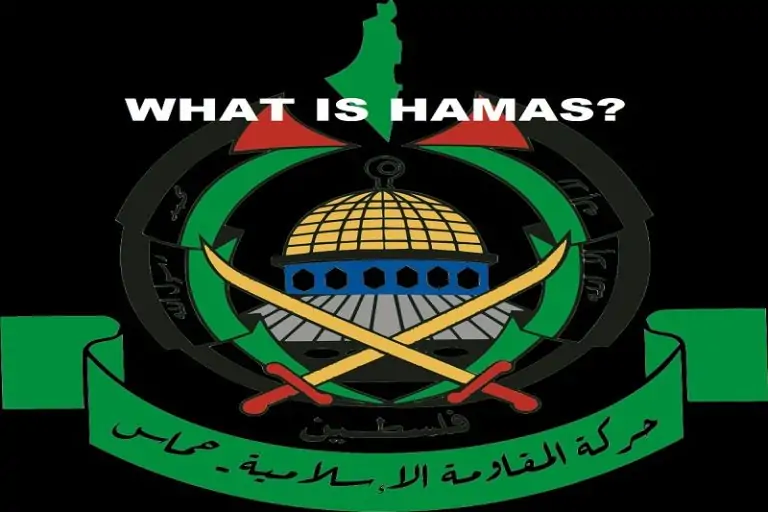

soldiers take part in a drill in a military base ahead of the chinese new year in hsinchu,
Hamas is an Islamist militant movement and one of the Palestinian territories’ two significant political parties. It governs more than two million Palestinians in the Gaza Strip.
The group is, however, best known for its armed resistance to Israel. On October 7, it launched a surprise attack on multiple Israeli towns, killing scores of civilians and taking hostages.
Dozens of countries have designated Hamas a terrorist entity, although some apply this label only to its military wing. Read on for answers to top questions on the movement.
A spin-off of the Palestinian branch of the Muslim Brotherhood in the late 1980s, Hamas took over Gaza after defeating its rival political party, Fatah, in 2006 elections.
Iran provides it with material and financial support. Fatah, which dominates the Palestine Liberation Organisation (PLO) and rules in the West Bank, has renounced violence.
Hamas’s unwavering hostility toward Israel and the split in Palestinian leadership have diminished prospects for stability in the impoverished Gaza Strip.
As a designated terrorist organisation, Hamas is cut off from official assistance the US and the EU provide to the PLO in the occupied West Bank.
Today, Iran is one of the Islamist militant group’s biggest benefactors, offering funds, weapons and training. The country was quick to praise the group’s latest attack on Israel.
Although Turkey insists it only supports Hamas politically, it has been accused of funding the group’s terrorism, according to the Council on Foreign Relations.
Israel and Egypt largely closed their borders with the Gaza Strip in 2006-07, imposing substantial restrictions on the movement of goods and people in and out of the territory.
The two countries maintain a blockade today, compelling at least a million Gazan Palestinians to rely on international aid. The ongoing conflict is almost certain to exacerbate the poverty.
The Rafah Border Crossing, which remains the only potential exit for most of the 2.3 million Palestinians in the strip, is expected to reopen today to allow aid in.
The political bifurcation of Gaza and the West Bank is widely unpopular. A June 2023 poll showed one-third of Palestinians consider it one of the most damaging development.
The same poll by the Palestinian Centre for Policy and Survey Research found more than half of Palestinians in Gaza and the West Bank would back Hamas’s Haniyeh in a presidential election.
Just one-third of respondents would vote for Palestinian Authority President Mahmoud Abbas, according to the PCPSR poll.
Rob Walter Resigns his Position as coach for the Proteas men's team for white-ball games because personal problems needed attention.…
Starting April 2, South African drivers will get lower costs when filling their tanks as fuel prices decrease for all…
The U.S.-based driver training company Zutobi analyzed road safety worldwide and found South Africa stays last in driving danger since…
The Basketball Africa League (BAL) returns for its 2025 season with exciting changes and developments. Since 2019 the NBA-linked basketball…
The Somali president supports their military forces to eliminate the threats from Al-Shabaab, ISIS, and Al-Qaeda. The Somali National Army…
UAE President Sheikh Mohamed bin Zayed Al Nahyan held talks with President Faustin Archange Touadéra of the Central African Republic…
This website uses cookies.